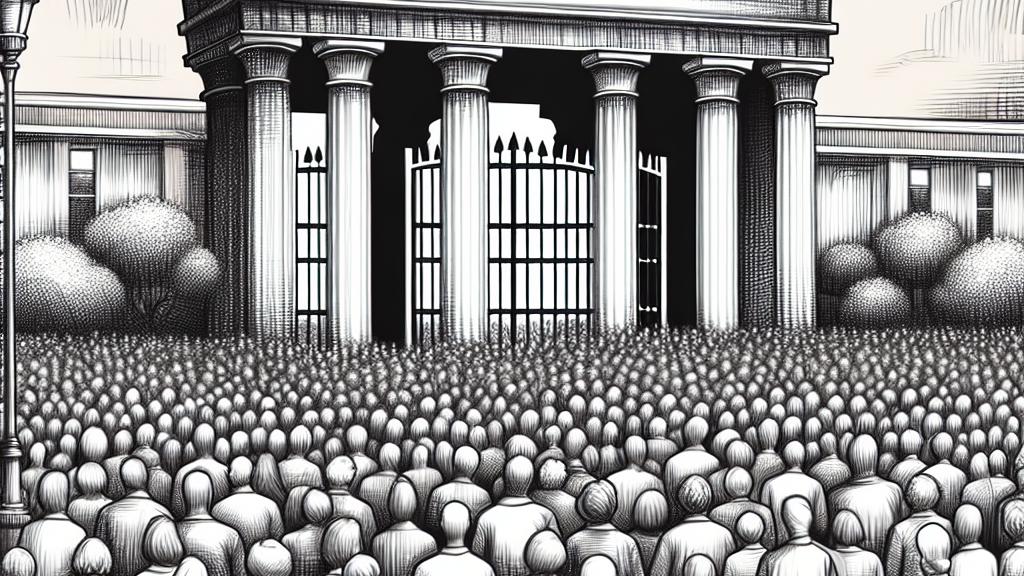Critique of Democratic Deficit by Independentism After TJUE Ruling
Overview
- The independentist movement raises alarm over a significant 'democratic deficit' in Spanish governance that undermines citizen representation.
- Following the TJUE ruling, Catalan leaders face increasing challenges that complicate their political legitimacy and aspirations.
- Historically rooted in a struggle for autonomy, the independentist sentiment in Catalonia is a potent force shaping current political dynamics.

Democratic Deficit in Spain
In the aftermath of the recent ruling by the Court of Justice of the European Union (TJUE), independentist groups in Spain, particularly from Catalonia, have raised their voices against what they see as a debilitating 'democratic deficit.' This term refers to a perception that governmental institutions fail to adequately represent the people they govern. For many Catalans, feelings of disenchantment flow from decisions that seem distant and disconnected from their needs. Picture a landscape where crucial policies are crafted without your input—this is the stark reality many face. The state’s failure to engage with its citizens fosters a climate of distrust, raising questions about the legitimacy and accountability of democratic processes, both within Spain and throughout the European Union (source: EUR-Lex). Such moments underscore the critical need for reform that enhances citizen participation in decision-making.
Impact on Catalan Politics
The implications of the TJUE ruling are profound, casting a long shadow over the political ambitions of Catalan leaders. Carles Puigdemont and Toni Comín, prominent figures in the push for independence, have found their futures jeopardized as the court upheld the decision to deny them European Parliament seats. Imagine being elected, only to find legal barriers preventing you from taking office; this painful scenario highlights the hurdles facing these leaders. Their situation exemplifies a struggle that goes beyond personal ambitions; it reflects a broader critique of how Spanish electoral laws can stifle legitimate political aspirations. Discontent within the independentist ranks has surged, as advocates perceive these legal rulings as attacks on their rights to self-governance. The reactions from Puigdemont and Comín resonate deeply, igniting fervor among supporters who feel their autonomy is under siege (source: EL PAÍS).
Historical Context of Independentism
To genuinely grasp the passionate drive for independence today, one must explore its intricate historical backdrop. Catalan independentism, often seen as a response to centuries of cultural and political repression, has evolved significantly over the years. Major milestones, such as the tumultuous 2017 independence referendum, serve as powerful symbols of the conflict, encapsulating hopes and frustrations alike. But this is not merely a modern struggle; it is rooted in a rich tapestry of grievances that Catalans have carried for generations. Each ruling from authorities like the TJUE acts like a spark, igniting long-held aspirations for sovereignty. The present-day movement remains steeped in historical contexts, revealing the deep connections between past experiences and current realities as Catalonia continues its quest for recognition and self-determination (source: Wikipedia).

Loading...